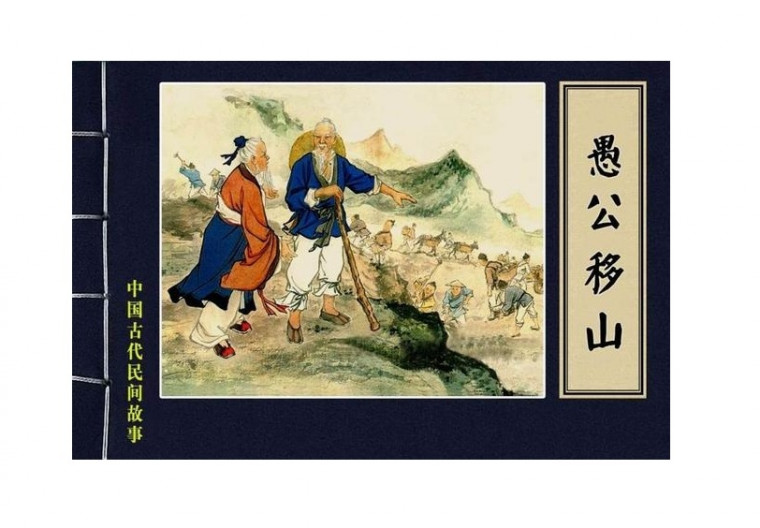Pamplin Society of Fellows Blog
The World through Languages, Literature, and History
Open gallery

As my time at Lewis and Clark nears its end, I’m grateful I’ve been able to pursue interests inside and outside my major this last year. By this May, I’ll have completed a World Languages and Literatures Major, with Chinese as my primary language and Spanish as my secondary. My fluency in languages has grown far beyond the level it was at when I started my first year at college. On the Spanish side, I’ve sampled literature from the Pre-Colombian Era all the way to the Boom (20th century), hearing from voices spanning Spain and Hispanic America. The tones of these works have varied from endless optimism about human progress to incomprehensible horror due to the immense suffering brought on by warfare in the 20th century. In terms of Chinese, while I’m nowhere near fluent, it’s been rewarding to finally know enough words to talk & read about cultural topics. Idioms, traditional Chinese medicine, and translating short stories all gave me new glimpses of how cultural backgrounds shape people’s perspective on matters. I was amazed by how a Chinese idiom could be conveyed in four syllables but take 3 or 5 minutes to explain the story behind its meaning. Many of the origin stories of Chinese idioms are still passed down within the culture whereas the origins of many English idioms are no longer part of our tradition.
In addition to polishing my language skills, I’ve been able to learn more about the world through history studies. Knowing history of course doesn’t mean you understand everything about international relations but it does give you better insight about how the past connects to the present. This past year, I’ve deeply enjoyed learning about histories beyond that of the US. In my experience, US high school history courses emphasize the US, offering few opportunities to go beyond our national borders. While my high school offered the commonly taught AP World History, its offering of AP European History was pulled from the curriculum for being too “euro-centric.” Asian history courses at my high school were non-existent. During my last two semesters on the hill, I’ve delved deeper into the histories of Early East Asia, Japan, and Modern Europe. Part of the Modern European History class asks students to go read European newspapers on the continent’s happenings so we can connect what we learn in the course to contemporary issues. Venturing outside of US history, American English, and English literature has been wonderfully refreshing. The world has many voices, perspectives, and ways of doing things. Getting out there and getting to know them is very important to me.
I have no clear path ahead of me after graduation. However, I know that taking my languages, cultural understandings, and historical knowledge into the working world will pay off. The world of the 21st century is and will remain deeply interconnected across languages, cultures, national borders, and economies.
Amy Gore ’21
Major - World Languages and Literatures: Chinese (primary), Spanish (secondary)
(Accompanying Picture)
愚公移山 yú gōng yí shān = Literally means “a foolish old man moves mountains;” figuratively means “where there is a will, there is a way;” don’t be afraid of hardship if you have the willpower to persevere.
Story:
There was an old man who wanted to remove two mountains in front of his house. Because of this, his neighbors called him a fool but he replied that his descendants would finish the task even if he couldn’t. He enlisted the help of his entire family to carry out the work. Over the years, the gods eventually became impressed by his perseverance and rewarded him by taking the mountains away.
email awalcott@lclark.edu
voice 503-768-7696
Director
Alison Walcott
Pamplin Society of Fellows
Lewis & Clark
615 S. Palatine Hill Road MSC 92
Portland OR 97219